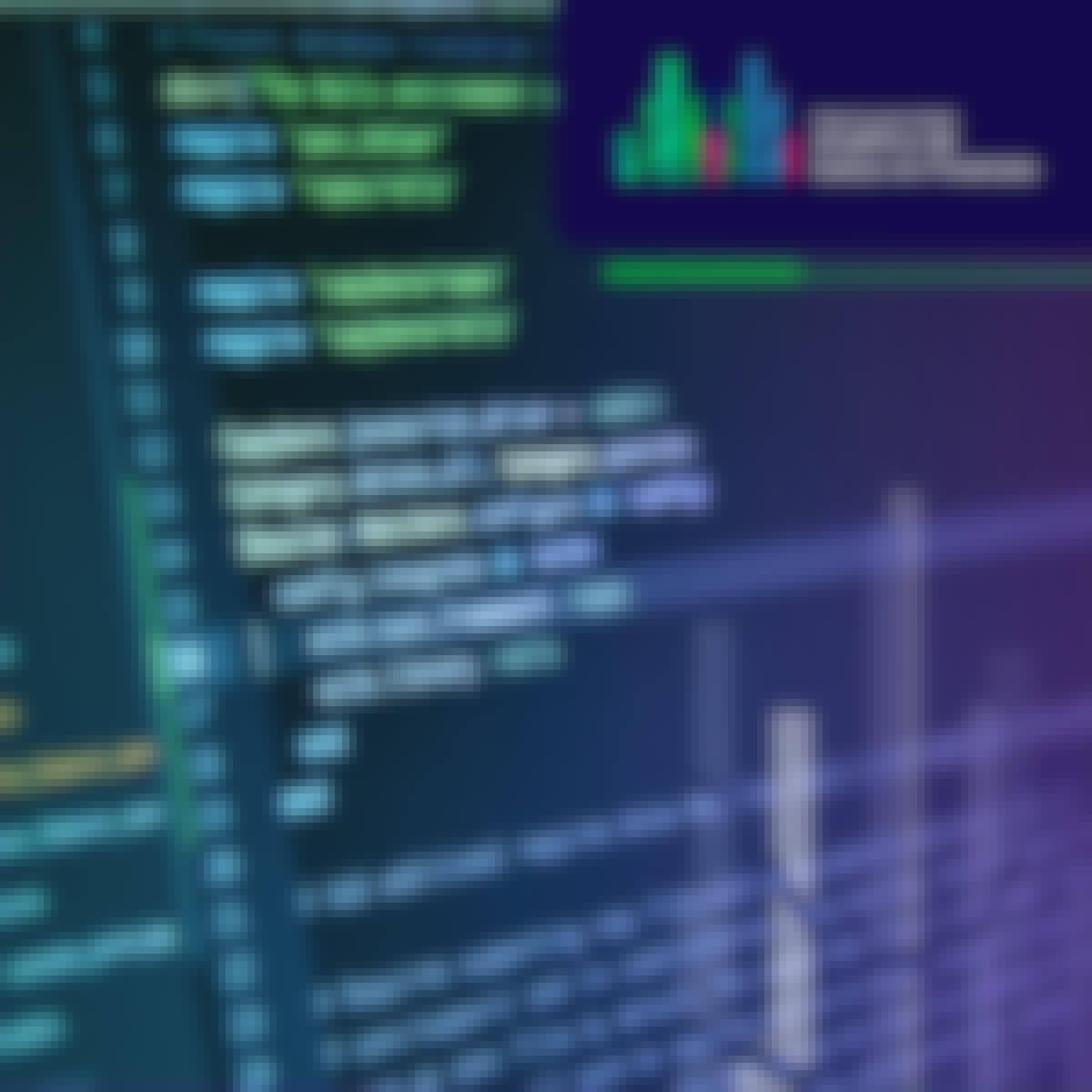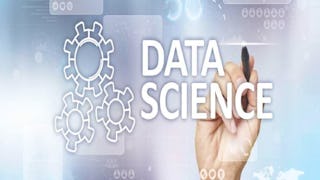- Browse
- Financial Accounting
Results for "financial accounting"
 Status: Free TrialFree TrialU
Status: Free TrialFree TrialUUniversidad de los Andes
Skills you'll gain: Technical Analysis, Financial Trading, Financial Market, Performance Measurement, Capital Markets, Investment Management, Investments, Market Data, Statistical Machine Learning, Financial Analysis, Model Evaluation, Machine Learning, Classification Algorithms, Trend Analysis
4.8·Rating, 4.8 out of 5 stars38 reviewsIntermediate · Course · 1 - 4 Weeks
 Status: PreviewPreviewÉ
Status: PreviewPreviewÉÉcole Polytechnique Fédérale de Lausanne
Skills you'll gain: Supply And Demand, Property and Real Estate, Market Dynamics, Real Estate, Land Management, Economics, Commercial Real Estate, Market Data, Market Analysis, Financial Market, Price Negotiation, Construction Estimating
4.7·Rating, 4.7 out of 5 stars54 reviewsIntermediate · Course · 1 - 3 Months

Skills you'll gain: Balance Sheet, Profit and Loss (P&L) Management, Google Sheets, Dashboard, Spreadsheet Software, Financial Statements, Accounting and Finance Software, Bookkeeping, Financial Reporting, Data Entry
Beginner · Guided Project · Less Than 2 Hours
 Status: Free TrialFree TrialB
Status: Free TrialFree TrialBBoard Infinity
Skills you'll gain: Billing Systems, Billing, Cloud Management, Cost Management, Cost Control, Budget Management, Financial Management, Budgeting, Virtual Machines, Cloud Computing, Cost Accounting, Expense Management, Cost Reduction, Virtualization and Virtual Machines, Case Studies, Financial Analysis, Resource Utilization
Intermediate · Course · 1 - 4 Weeks
 Status: PreviewPreviewS
Status: PreviewPreviewSSungkyunkwan University
Skills you'll gain: Portfolio Management, Portfolio Risk, Investment Management, Performance Analysis, R Programming, Time Series Analysis and Forecasting, Risk Analysis, Financial Analysis, Financial Modeling, Financial Data, Statistical Programming, Regression Analysis, Data Manipulation, Data Visualization
4.4·Rating, 4.4 out of 5 stars7 reviewsBeginner · Course · 1 - 4 Weeks
 Status: Free TrialFree TrialA
Status: Free TrialFree TrialAAssociation of International Certified Professional Accountants
Skills you'll gain: Key Management, Blockchain, Digital Assets, FinTech, Emerging Technologies, Cryptography, Encryption, Distributed Computing, Transaction Processing, Data Security
4.7·Rating, 4.7 out of 5 stars133 reviewsBeginner · Course · 1 - 4 Weeks
 Status: Free TrialFree Trial
Status: Free TrialFree TrialSkills you'll gain: Generative AI, AI Enablement, Artificial Intelligence, Finance, Emerging Technologies, Healthcare 5.0, Case Studies, Analysis, Manufacturing Operations, Critical Thinking
4.8·Rating, 4.8 out of 5 stars15 reviewsBeginner · Course · 1 - 4 Weeks
 Status: PreviewPreview
Status: PreviewPreviewSkills you'll gain: Promotional Strategies, Entrepreneurship, Content Creation, Target Audience, Digital Content, Business Management, Digital Transformation, Business Modeling, Innovation, Fiscal Management, Intellectual Property
4.1·Rating, 4.1 out of 5 stars33 reviewsBeginner · Course · 1 - 3 Months
 Status: Free TrialFree Trial
Status: Free TrialFree TrialSkills you'll gain: Prompt Engineering, Microsoft Copilot, Business Research, Copywriting, Ideation, Productivity Software, AI Enablement, Marketing Materials, Writing and Editing, Project Implementation, Creative Design, Generative AI, Market Research, Data Analysis Software, Marketing, Product Marketing, Financial Data, Packaging and Labeling, Financial Analysis
Beginner · Guided Project · Less Than 2 Hours
 Status: Free TrialFree TrialT
Status: Free TrialFree TrialTTecnológico de Monterrey
Skills you'll gain: Succession Planning, Governance, Leadership and Management, Leadership, Business Leadership, Strategic Leadership, Leadership Development, Talent Management, Organizational Structure, Business Continuity, Entrepreneurship, Conflict Management, Business Economics, Decision Making
4.1·Rating, 4.1 out of 5 stars9 reviewsAdvanced · Course · 1 - 3 Months
 Status: Free TrialFree TrialJ
Status: Free TrialFree TrialJJohns Hopkins University
Skills you'll gain: Social Network Analysis, Network Analysis, Responsible AI, Graph Theory, Machine Learning, Applied Machine Learning, Research, Model Evaluation, Social Sciences, Statistical Analysis, Amazon Web Services, R Programming, Tensorflow, Data Ethics, Artificial Intelligence and Machine Learning (AI/ML), Research Design, Sociology, Driving engagement, Machine Learning Methods, Behavioral Economics
4.3·Rating, 4.3 out of 5 stars12 reviewsIntermediate · Specialization · 3 - 6 Months
 Status: PreviewPreview
Status: PreviewPreviewSkills you'll gain: Social Impact, Return On Investment, Sustainability Reporting, Needs Assessment, Program Evaluation, Performance Reporting, Project Scoping, Project Performance, Strategic Communication, Stakeholder Engagement
4.6·Rating, 4.6 out of 5 stars17 reviewsIntermediate · Course · 1 - 4 Weeks
In summary, here are 10 of our most popular financial accounting courses
- Algoritmos de negociación basados en machine learning: Universidad de los Andes
- Economie du sol et de l'immobilier II: École Polytechnique Fédérale de Lausanne
- استخدام جداول بيانات جوجل لإنشاء بيان مالي: Coursera
- Cloud FinOps Strategies: Board Infinity
- The Fundamental of Data-Driven Investment: Sungkyunkwan University
- Blockchain Evolution and Technology Concepts: Association of International Certified Professional Accountants
- GenAI in Action: From Theory to Real-World Impact: Coursera
- Be entrepreneurial in Cultural Industries in the digital age: Sciences Po
- Bing Copilot for Beginners: Enhancing Productivity with AI: Coursera
- Leadership in the Family Business: Tecnológico de Monterrey










